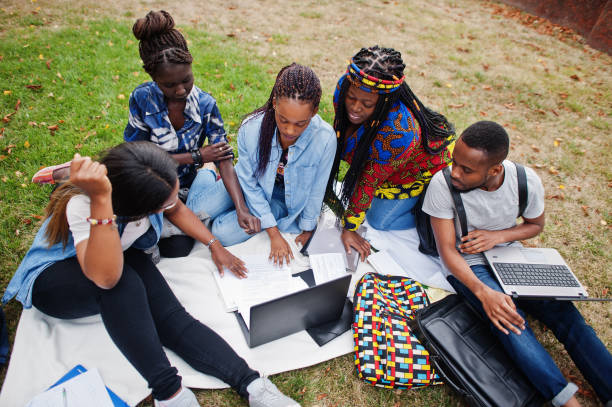Critical Thinking Skills for Effective Problem Solving
Chinecherem Veronica Enujioke
According to Dr Ron Young, a specialist in psychological coaching and former Forbes Council, ‘Critical thinking is a fundamental cognitive process that enables individuals to objectively analyze, evaluate and interpret information to make informed decisions and solve complex problems. It involves employing reasoning and logic, questioning assumptions, recognizing biases and considering multiple perspectives. When critical thinking is introduced in discussions, it is often dismissed as a cliché, but it is the application of critical thinking skills, consciously or unconsciously, that allows for effective problem-solving. Critical thinking has always been at the heart of philosophy. Early thinkers like Aspasia, Socrates and Aristotle sought solutions to problems of their era. Through critical thinking, their solutions which have been modified by the same critical thinking are valueless. It is in the fabric of every institution, that these skills or the lack of them make for the success or failure of inventions, innovations and ideas.
Critical thinking skills are essential especially as the world increases in its complexity. This complexity manifests in businesses, education and even day-to-day engagements. To not be overwhelmed by these activities and for efficient time management, critical thinking skills play a valueless role in problem-solving across all disciplines of life.
Problem-solving, on the other hand, is best understood from How To Solve It, a book by the Father of Modern Mathematical Problem-solving, George Polya. In his book, the four major steps of problem-solving are Understanding the Problem, Devising a Plan, Carrying out the Plan and Looking Back (checking the result). Because problem-solving transcends mathematics, these steps of problem-solving evolve into What, Why and How?
In this case, what is identifying the problem, why is the reason or cause of the problem and how is the plan or solution to the problem. The What Why How process births the 5 critical thinking skills namely; observation, analysis, inference, communication and problem-solving. These skills can be applied in different disciplines and at the same time diversified to suit the problem. Critical thinking pushes for the removal of biases in information and objective reflection on an identified problem. Observation is the ability to notice patterns, identify problems and solutions and predict opportunities. This requires an in-depth understanding of information concerning a problem and studying it thoroughly to identify its peculiarities. Analysis involves the collation of data and information, examining the data and structures that affect the data and understanding the data. On understanding the data, conclusions and predictions are drawn from an objective point reflecting these aforementioned processes. One can then proceed with sharing the conclusion of their research with a team to compare opinions which will all contribute to solving an identified problem, effectively.
Study groups on my campus have attested that upon completion of a semester and in the advent of examinations, they collate past questions on any course from different years. Each studies the data to observe recurring patterns and twists for questions in any particular course. Then, they gather to compare their research while discussing their biases and bringing personal opinions to the table. This process allows them to collectively understand the process, predict questions and maximise their learning by concentrating on ‘common questions’. Such study groups have encountered challenges in exam halls, but these challenges are relatively minute when compared to their successes in these examinations. This is their method of studying smart.
The existence of errors points to more reasons why critical thinking skills must be applied judiciously and objectively to minimise them and effectively solve problems. It cannot be overemphasized that across every discipline, culture and activity, critical thinking skills are very necessary.
Credits:
Research Gate
Forbes.com
Skills4us
Indeed.com





